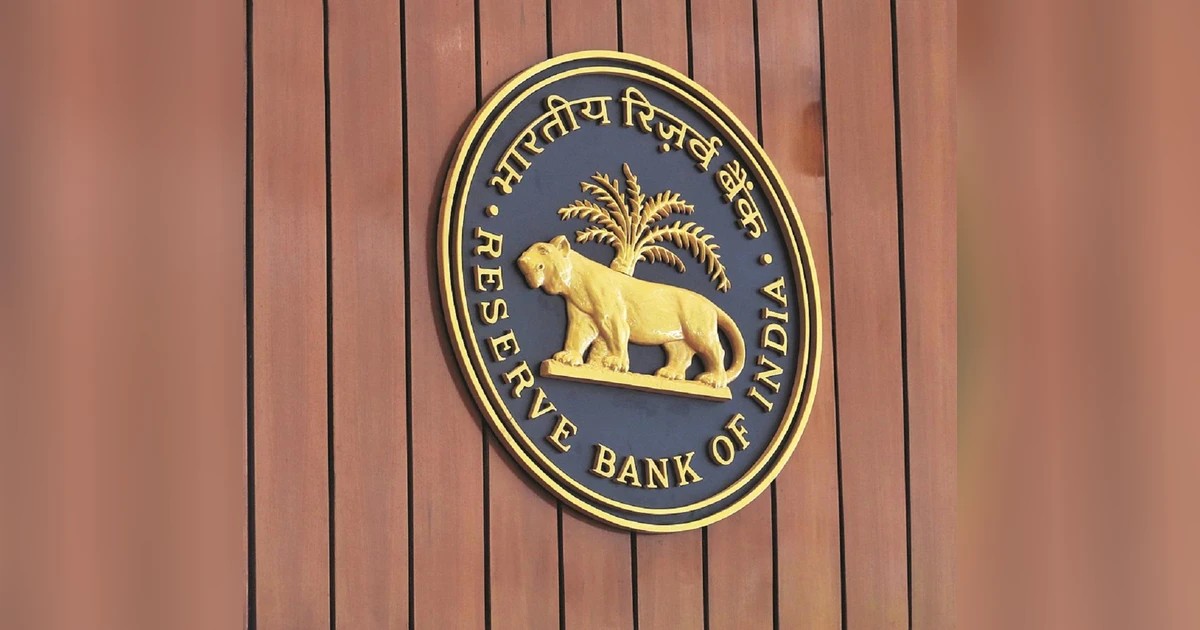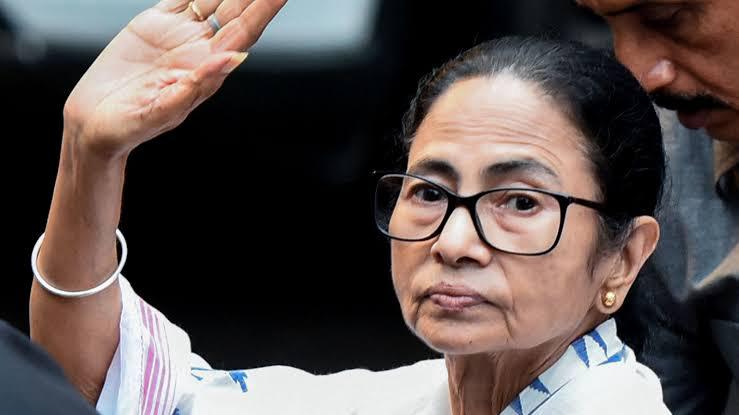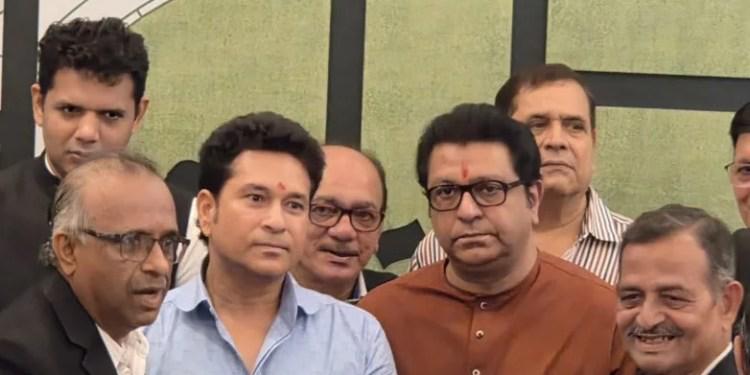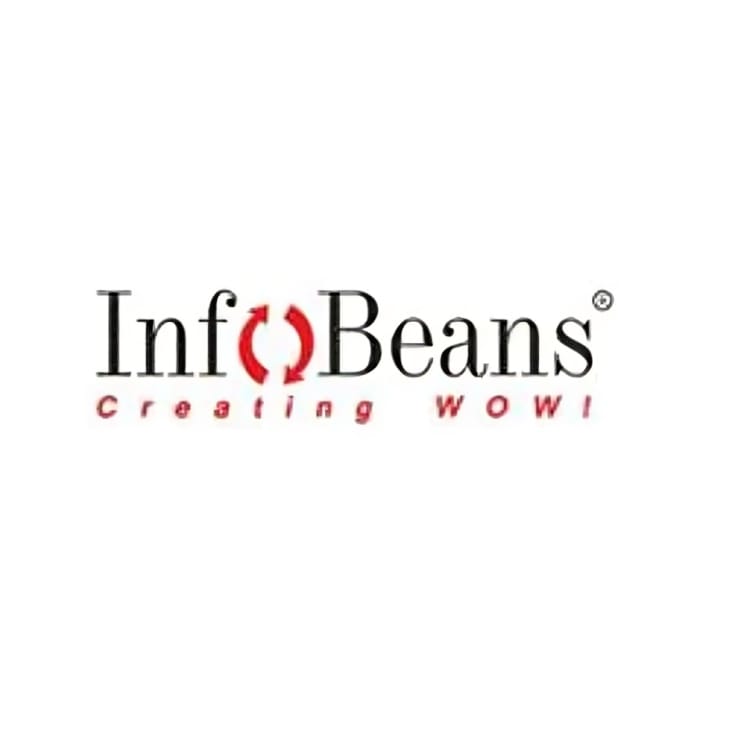 Image Source: Business Standard
Image Source: Business Standard
The Reserve Bank of India (RBI) announced a significant regulatory development on September 22, 2025, permitting standalone primary dealers (SPDs), authorised as Authorised Dealer Category-III (AD Cat-III), to participate in non-deliverable derivative contracts (NDDCs) involving the Indian rupee. This decision expands the previously restricted participation, which was limited to Authorised Dealer Category-I (AD Cat-I) banks and International Financial Services Centre (IFSC) Banking Units. The move aims to broaden market access, deepen liquidity, and enhance foreign exchange risk management for both residents and non-residents.
Key Takeaways:
-
SPDs authorised as AD Cat-III now eligible to transact in rupee NDDCs.
-
Earlier participation confined to AD Cat-I banks and IFSC Banking Units.
-
SPDs can offer NDDCs to both resident and non-resident users.
-
Immediate effect from the date of announcement, effective September 22, 2025.
-
Part of RBI’s Master Direction on Risk Management and Inter-Bank Dealings amendment.
Background and Context
Non-deliverable derivative contracts involving the rupee (INR) are financial instruments used predominantly by non-resident entities to hedge foreign exchange risks without requiring physical settlement of the underlying currency. Prior to this amendment, such contracts could only be offered by major authorised dealers (AD Cat-I banks) and IFSC Banking Units, limiting market participants and scope.
By including SPDs under AD Cat-III, the RBI is effectively allowing a wider range of market participants to offer these derivative contracts, thereby potentially increasing the depth and sophistication of the rupee derivatives market. SPDs have traditionally functioned as market makers in the government securities market, and this new authorization extends their role into forex derivatives.
Scope of Participation and Transactions
The RBI notification clarifies the participation eligibility and transaction framework for SPDs:
-
Standalone Primary Dealers (SPDs) authorised as AD Cat-III can now transact in non-deliverable derivative contracts involving the Indian rupee.
-
These contracts can be offered to both resident and non-resident users, aligning SPD permissions with those already held by AD Cat-I banks.
-
Transactions include a range of risk management tools enabling users to hedge foreign exchange exposure efficiently.
-
SPDs will operate under the existing regulatory framework stipulated under the RBI’s Master Direction on Risk Management and Inter-Bank Dealings.
-
This measure complements prior RBI efforts to expand foreign exchange market-making capabilities among SPDs, reinforcing their significance in forex and government securities markets.
Implications for Market Participants
-
Increase in market participants: More dealers in rupee NDDC markets expand liquidity and provide diverse products.
-
Enhanced forex risk management: Both resident and non-resident users can benefit from improved market access through SPDs.
-
Strengthening standalone primary dealers: SPDs’ role extends beyond government securities into forex derivatives, offering broader market utility.
-
Broadening forex derivative market ecosystem: Inclusion of SPDs aligns with RBI’s long-term strategy to deepen India’s foreign exchange markets by widening participation.
Conclusion
The RBI’s decision effective September 22, 2025, to allow standalone primary dealers authorised as AD Cat-III to participate in non-deliverable rupee derivative markets marks a milestone in the evolution of India’s forex derivative landscape. It signifies the regulator’s commitment to expanding the market’s reach, enhancing liquidity, and providing more robust tools for managing foreign exchange risks efficiently for both resident and non-resident entities.
Source: Reserve Bank of India, Business Standard.
Please get more news
Public Market Race Heats Up With Canara HSBC Life Insurance And Bharat Coking Coal IPO Green Signal
Advertisement
Advertisement







